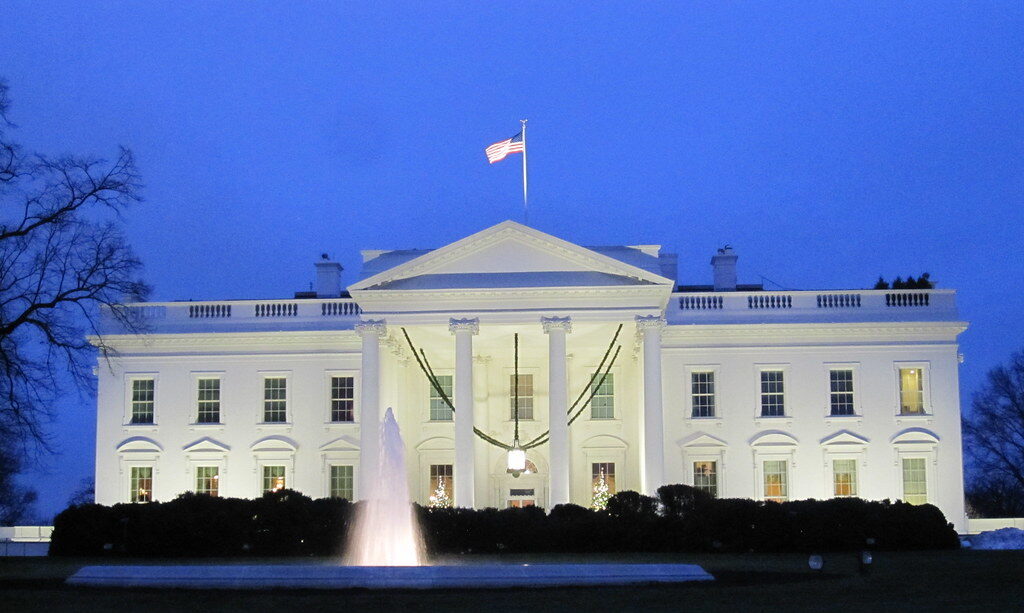Key takeaways:
• The White House OMB fired about 4,000 federal workers during a funding lapse
• OMB warns of more federal layoffs if Democrats won’t agree to funding terms
• Experts say mass firings lack legal authority and violate existing rules
• Republicans link layoffs to shutdown, while Democrats call it political retaliation
• The fight centers on pay for the military, law enforcement, and broader budget deals
Federal Layoffs Loom: Are They Legal?
The Office of Management and Budget has already removed nearly 4,000 federal workers. Now, it warns of more federal layoffs if lawmakers do not approve short-term funding. This move breaks with past shutdowns that mostly led to unpaid furloughs. Instead, these firings could spark legal challenges and heighten political tensions.
What Triggers Federal Layoffs Now?
First, the partial government shutdown left many agencies short of cash. As a result, the OMB took the unprecedented step of full terminations instead of furloughs. Then, the office signaled further cuts in a public message that framed layoffs as leverage.
How the Shutdown Led to Mass Firings
During past shutdowns, agencies furloughed nonessential staff. These workers kept their jobs but did not get paid until Congress acted. However, this time was different:
• Political Pressure: House Republicans demanded funding for border security.
• OMB Orders: The office led by Russ Vought said teams must “ride out” the shutdown.
• Direct Threats: Officials openly warned of additional federal layoffs if talks faltered.
Because agencies faced uncertain budgets, leaders began preparing for cuts in staffing levels as a cost-saving measure. Yet shutdown rules do not grant new powers to fire civil servants during a lapse.
Experts Warn of Legal Limits
Meanwhile, former government lawyers and budget experts say no law permits mass firings in a funding gap. The Center on Budget and Policy Priorities explained that the shutdown itself did not change the rules on staffing. Therefore, agencies lack clear legal authority for broad layoffs.
Also, civil service protections normally require formal procedures before firing career employees. These include performance reviews, hearings, and appeals. Skipping those steps risks unlawful terminations and potential lawsuits.
Political Reactions and Next Steps
Republicans argue that the shutdown forced their hand. They say stopping pay for nonessential staff is as painful as keeping them idle without pay. Conversely, Democrats call the strategy an act of political vengeance aimed at pressuring them into a deal.
On Tuesday, the White House hinted at finding money to keep law enforcement paid. Previously, President Trump told the Pentagon to tap all available funds to pay troops. Critics warn that using military funds without Congress could break the law as well.
Next, congressional leaders must decide whether to negotiate or stay firm. Some Senate Republicans support a short-term stopgap plan to reopen parts of government. However, OMB’s public threats suggest the White House prefers to wait for stronger leverage.
Potential Outcomes and Impact
If more federal layoffs occur, affected employees will face sudden job loss without warning. They will lose income and benefits until Congress restores funding or courts intervene. Moreover, agencies could struggle to deliver critical services, from processing visas to maintaining food inspections.
In addition, morale will plummet among career staff who see politics overshadowing fair treatment. They may seek legal counsel or union support to challenge terminations. Courts could then rule that agencies overstepped legal boundaries.
Finally, the public may view mass firings as reckless. Polls often show Americans dislike shutdowns and want leaders to compromise. Yet if layoffs continue, pressure on both parties to reach an agreement could rise sharply.
Frequently Asked Questions
What exactly are federal layoffs?
Federal layoffs occur when government agencies permanently remove employees from their jobs. They differ from furloughs, which temporarily pause work and pay.
Can the OMB legally order mass terminations during a shutdown?
Most experts agree no. Shutdown rules do not give agencies new rights to fire workers. They must still follow civil service protections and procedures.
How would more federal layoffs affect government services?
Layoffs could delay or halt key services like processing benefits, inspecting food safety, and managing air traffic. Agencies need staff to meet public needs.
What options do fired employees have?
Affected workers can appeal through civil service channels, file grievance claims, or seek legal action. Courts will decide if agencies broke the law.
